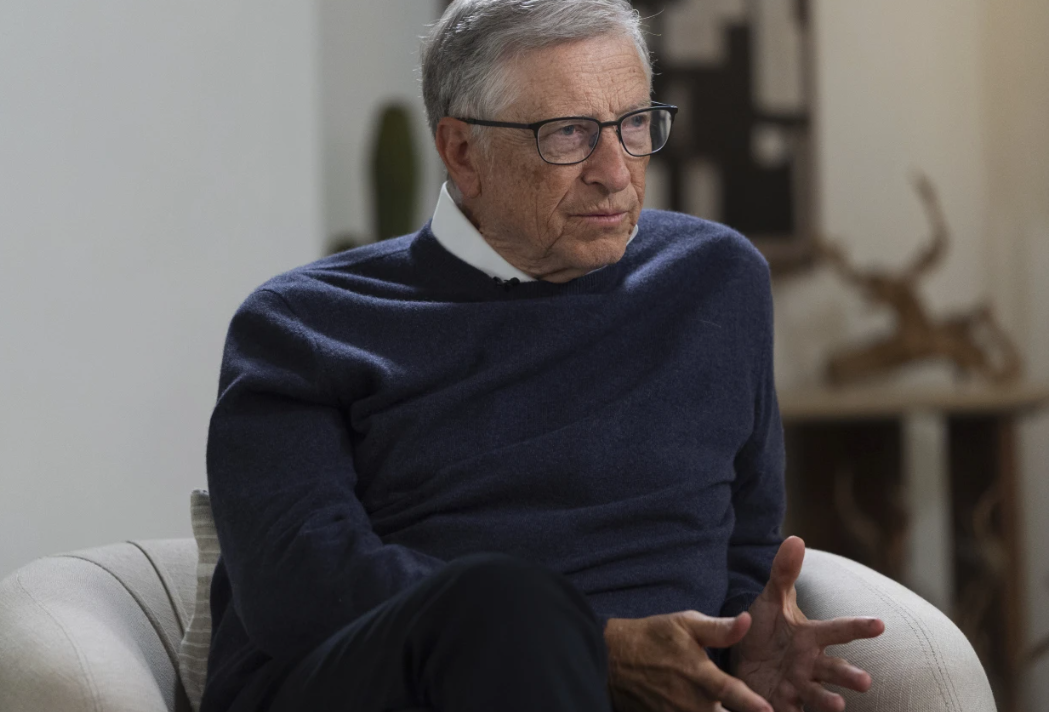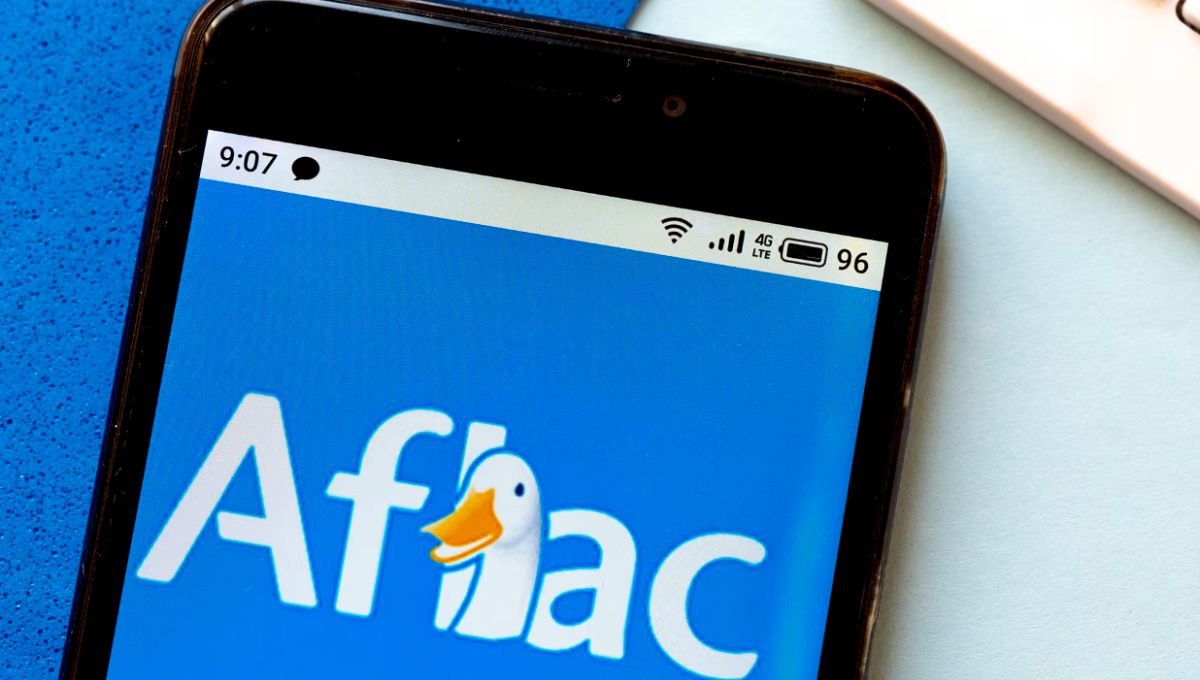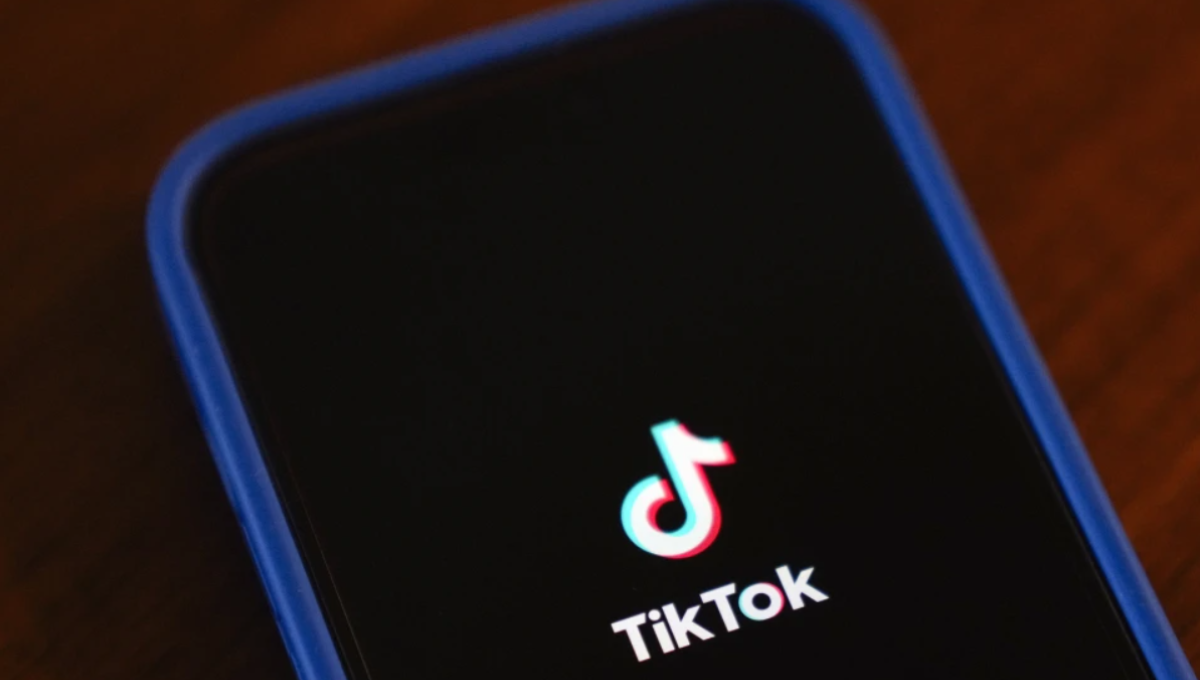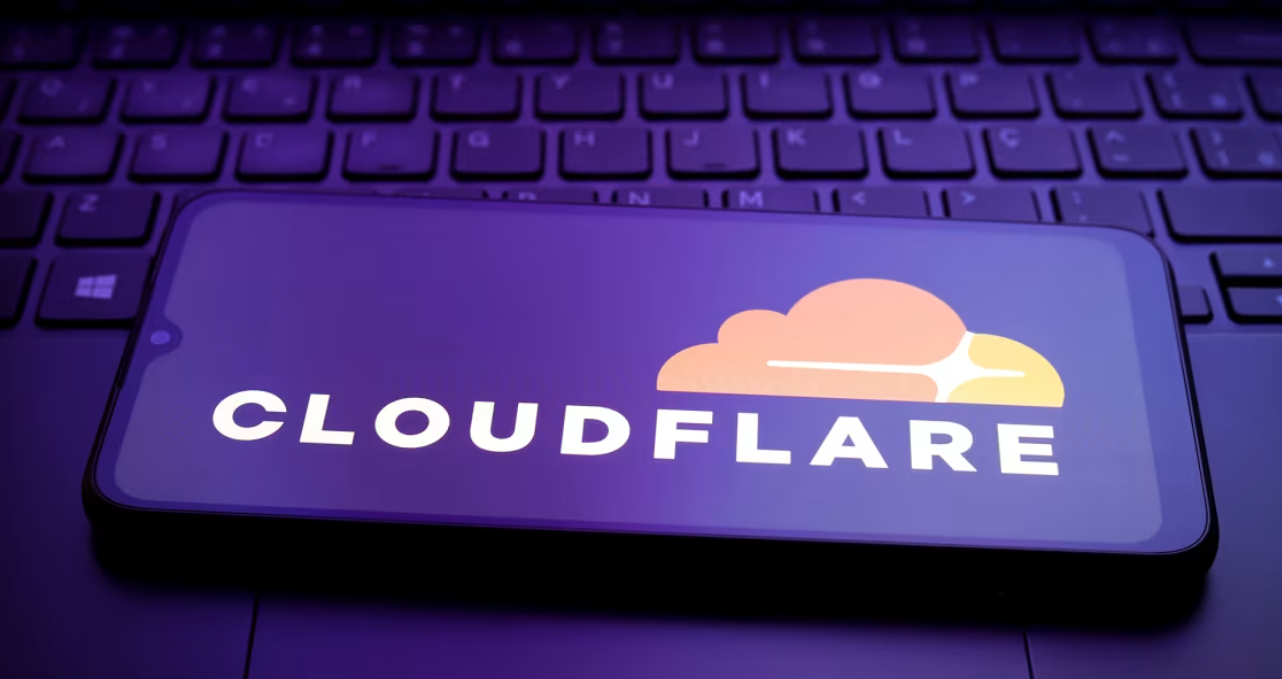As Bill Gates approaches his 70th birthday later this year, the Microsoft co-founder’s new memoir reflects on the experiences, relationships, and childhood quirks that shaped his personal and professional life. In Source Code: My Beginnings, the first book of a planned trilogy, Gates takes a deep dive into his unique mindset, recounting the emotional impact of losing his best friend in high school, as well as the origins of his first business venture, Traf-O-Data.
Traf-O-Data, created with childhood friend Paul Allen in Albuquerque, New Mexico, was designed to develop software for the Altair computer produced by Micro Instrumentation and Telemetry Systems. This startup ultimately evolved into Microsoft in 1975, the same year the company generated $16,005 in revenue, with Gates and Allen earning $9 per hour at the time.
By 1977, Microsoft had become successful enough to convince Bill Gates to drop out of Harvard University. In 1979, he decided to move the company to Seattle, his hometown. Though Gates stepped down as Microsoft’s CEO 25 years ago, the Windows operating system and other software created during his leadership still serve as the foundation of a company that now generates $212 billion in annual revenue, has a market value of $3.1 trillion, and is the primary source of Gates’ $100 billion personal fortune.
Source Code concludes with Gates’ move to Seattle in 1979, and therefore does not cover his marriage to Melinda French in 1994 or their divorce in 2021.
During an interview about the book, Gates reflected on his past, admitting, “I am being reflective, which is not my normal mode, but it’s kind of time.” He found it interesting to revisit feedback from his teachers and colleagues at Harvard, noting that he had once believed he earned straight A’s in ninth grade, only to realize that wasn’t the case.
This might not seem like a major revelation, but it was a surprise to Bill Gates, who describes himself in his book as a “bratty smartass.” He admits to often dismissively saying, “That’s the stupidest thing I ever heard,” about comments that didn’t make sense to him.
Gates paints a picture of his younger self as a nerdy child, nicknamed “Trey” by his grandmother because he was the third male on his father’s side named Bill. He was a small, introverted kid who had trouble making friends and preferred to stay in his own thoughts until he discovered computers. To him, coding became a rewarding challenge, similar to the excitement of hitting the jackpot on a slot machine.
As a child, Gates also had a peculiar habit of rocking back and forth when he spoke, a trait that he says still resurfaced during parts of his interview. Reflecting on his school years, he recalls being told at one point that he should skip a couple of grades, only to later be advised that he should be held back. Gates remembers feeling confused by the mixed feedback, wondering, “Well, make up your mind.”
Though he didn’t recognize it as a child, Bill Gates now believes he was—and still is—neurodivergent. He attributes much of his success to channeling that difference into learning to program computers at just the right time, with the support of his late parents, to whom the book is dedicated, as well as his sister, Kristi, and Libby.
“It wasn’t until I was an adult that there was this idea that there are kids with this unique ability to concentrate but with fewer social skills. I would definitely be included in that group,” Gates said. He encourages those with strengths and challenges to align their ambitions with their strengths, noting that his ability to focus solely on programming and finding ways to improve it proved invaluable to him.
Gates also acknowledges his privilege in having grown up in a family that could afford to send him to a private high school in Seattle. However, this didn’t shield him from the profound trauma of losing his best friend, Kent Evans, in a mountain climbing accident in May 1972, just a year before they were set to graduate.
Kent Evans’ death, which occurred while he and Gates were planning to spend the summer working on a programming project for their school, left Gates devastated. The loss of someone who truly understood him and gave him a sense of purpose was far more painful than the fact that they would no longer be working together.
“I had no concept of a friend just being gone. It was the only negative experience of my childhood,” Gates recalled. “It shapes you, realizing that someone you loved can just disappear. He would have been part of everything I went on to do. I credit Kent, along with Paul Allen, for helping set the direction of my life.”
After Evans’ death, Gates reconnected with Paul Allen, who was already in college, to assist with his programming projects. Allen, three years older than Gates and an avid fan of Jimi Hendrix, not only helped with coding but also offered Gates some LSD, hoping to lead him down a more psychedelic path.
Gates initially rejected Paul Allen’s offer to try LSD but eventually decided to experiment with the drug with a group of high school friends shortly before graduating in 1973. The experience wasn’t enjoyable, and Gates speculated that it might have been affected by dental surgery he had the day after his LSD trip. He tried it again with Allen in 1974 while watching a “Kung Fu” episode on TV, but decided that psychedelic drugs weren’t for him. Despite this, Apple co-founder Steve Jobs once suggested that Microsoft might have created better products if Gates had taken more LSD.
“I thought maybe it would make me seem cool, but it didn’t work,” Gates shared. “Steve was definitely more hip than I was. He took more acid than I did. He had style. I had charisma in terms of motivating engineers and talking about the future of personal computers, but Steve had a natural flair for speaking and connecting with people. I envied him for that.”
Now, Gates is fascinated by the advancements in artificial intelligence, especially in how AI is integrated into Microsoft’s software through its partnership with OpenAI, the creator of ChatGPT.
“When I first saw ChatGPT-4, I was completely blown away by it,” Gates said. He views AI as both an “amazing and scary” technology that requires careful regulation and monitoring.
“AI is almost uniquely dangerous because it’s boundless in terms of how good it can become, and it’s happening in our generation,” he warned. “We have to take it seriously. Hopefully, politicians and technologists can work together to manage it. We need to address this now.”
Gates hopes that his memoir, Source Code, will give readers a more human perspective of him, even though he may never be seen as the cultural icon that Jobs was.
“I wouldn’t say I was completely uncool,” Gates reflected. “But when I got involved with Microsoft, I became extremely focused. Even my competitors found my intense dedication intimidating. I didn’t waste time in my 20s because my entire focus was on pushing Microsoft forward.”
Gates suggests that the next book in his trilogy will delve deeper into his intense, sometimes obsessive drive that led to his success, but it likely won’t be released until 2027 at the earliest.















